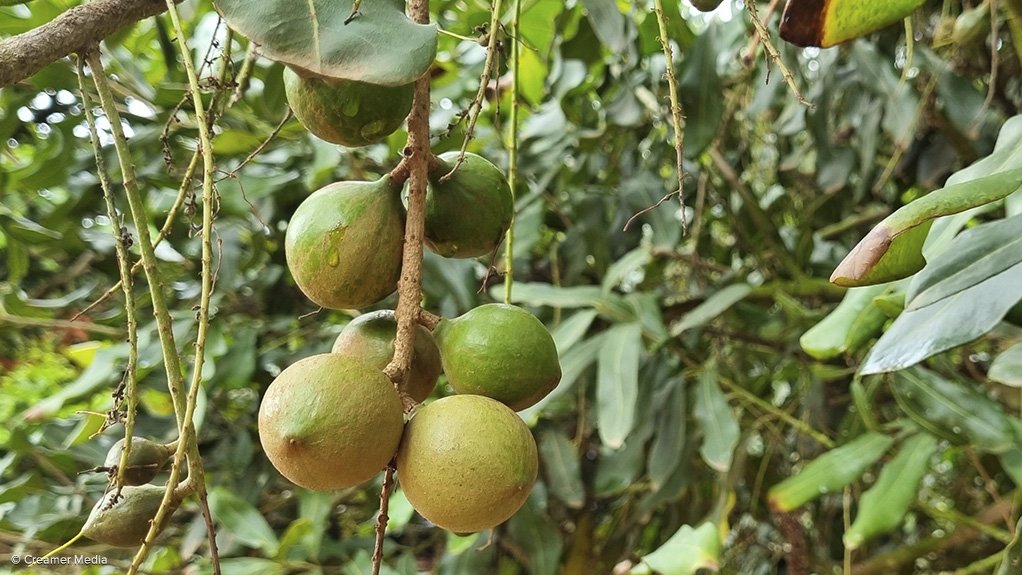With the US’s imposition of a 30% import tariff on South African goods to take effect on August 1, industry body Agri SA says the country must urgently adopt strategic responses to safeguard and diversify its agricultural export markets.
While the US market, with support of the African Growth and Opportunity Act, only accounted for 4% of South Africa’s total agriculture exports, or $488-million, in 2024, the impact on key commodities such as citrus and wine could be significant with knock-on effects across the value chain.
The citrus sector exports about seven-million cartons of fruit to the US every year, which supports a large number of rural jobs and economic activity. The 30% tariff will elevate the cost of each citrus carton, risking a significant loss of market share to competitors like Chile and Peru, the industry body warns.
While citrus remains the immediate concern, other fruits such as subtropical fruits, table grapes, avocados, macadamia nuts, blueberries and stone fruits will also be affected.
In some value chains, such as macadamia nuts, significant hectares will be export-ready in the coming years. This emphasises the need for medium- to long-term strategic planning to safeguard these commodities.
Agri SA CEO Johann Kotzé admits that while calls for market diversification are valid, supply chains cannot be redirected overnight and will take time to materialise.
He adds that the US’s tariff move highlights the severe impact on regions and producers who are heavily reliant on the US market.
Moreover, South Africa’s wine sector faces potentially disastrous impacts under the 30% tariff. The increase will eliminate profitability for many producers owing to the cost increases that will be necessary across the supply chain, which could lead to significant job losses and impacts to rural communities dependent on viticulture and associated industries.
“Exploring new markets and strengthening existing ones will be critical,” Kotzé says.
FIRM CALL
Agri SA implores the departments of Trade, Industry and Competition; Agriculture; snd International Relations and Cooperation to demonstrate greater commitment to a pragmatic trade strategy and global engagements.
Kotzé asserts that South Africa’s participation in global trade markets is significantly impeded by its trade agreements or lack thereof with key regions such as the Association of Southeast Asian Nations countries – Brunei, Cambodia, Indonesia, Laos, Malaysia, Myanmar, Philippines, Singapore, Thailand and Vietnam.
“These agreements facilitate trade by reducing tariffs and fostering economic integration. However, South Africa faces significant competition from countries that have already established comprehensive trade agreements,” Kotzé states.
He adds that, without the development of similar agreements, South African products could be more expensive, reducing their competitiveness.
This is further compounded by the lack of economic integration agreements (EIAs) in key markets. EIAs allow deeper cooperation beyond tariffs, such as in regulations and standards, providing competitors with an edge in product acceptance and market integration.
Additionally, South Africa needs to work on reducing tariff barriers, particularly in the BRICS Plus countries.
Agri SA remains committed to working alongside government bodies, industry partners and international alliances to navigate these challenges. “Proactive and collaborative efforts will be key to preserving the viability and future growth of South Africa’s agriculture sector,” Kotzé concludes.
EMAIL THIS ARTICLE SAVE THIS ARTICLE ARTICLE ENQUIRY FEEDBACK
To subscribe email subscriptions@creamermedia.co.za or click here
To advertise email advertising@creamermedia.co.za or click here











